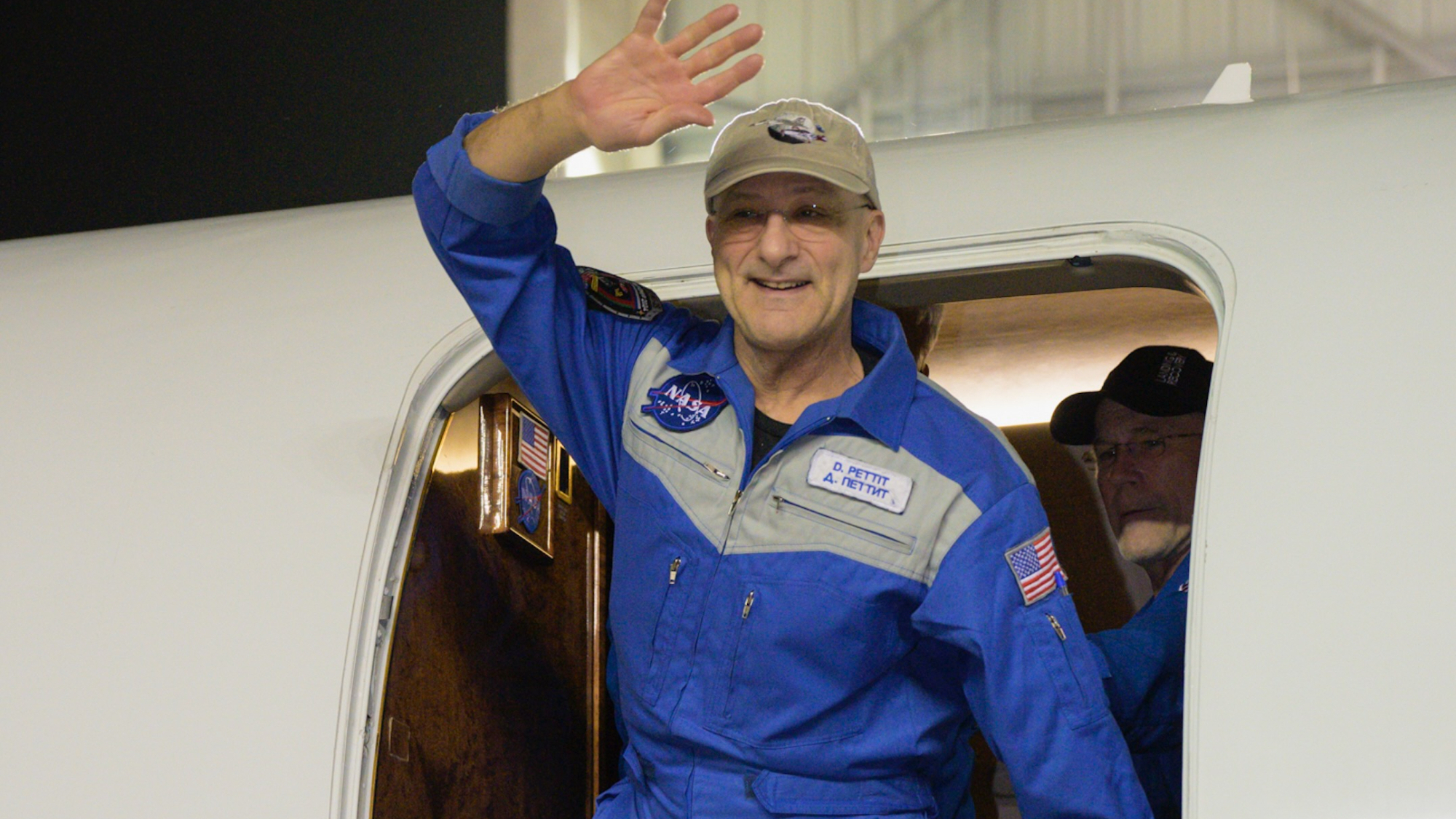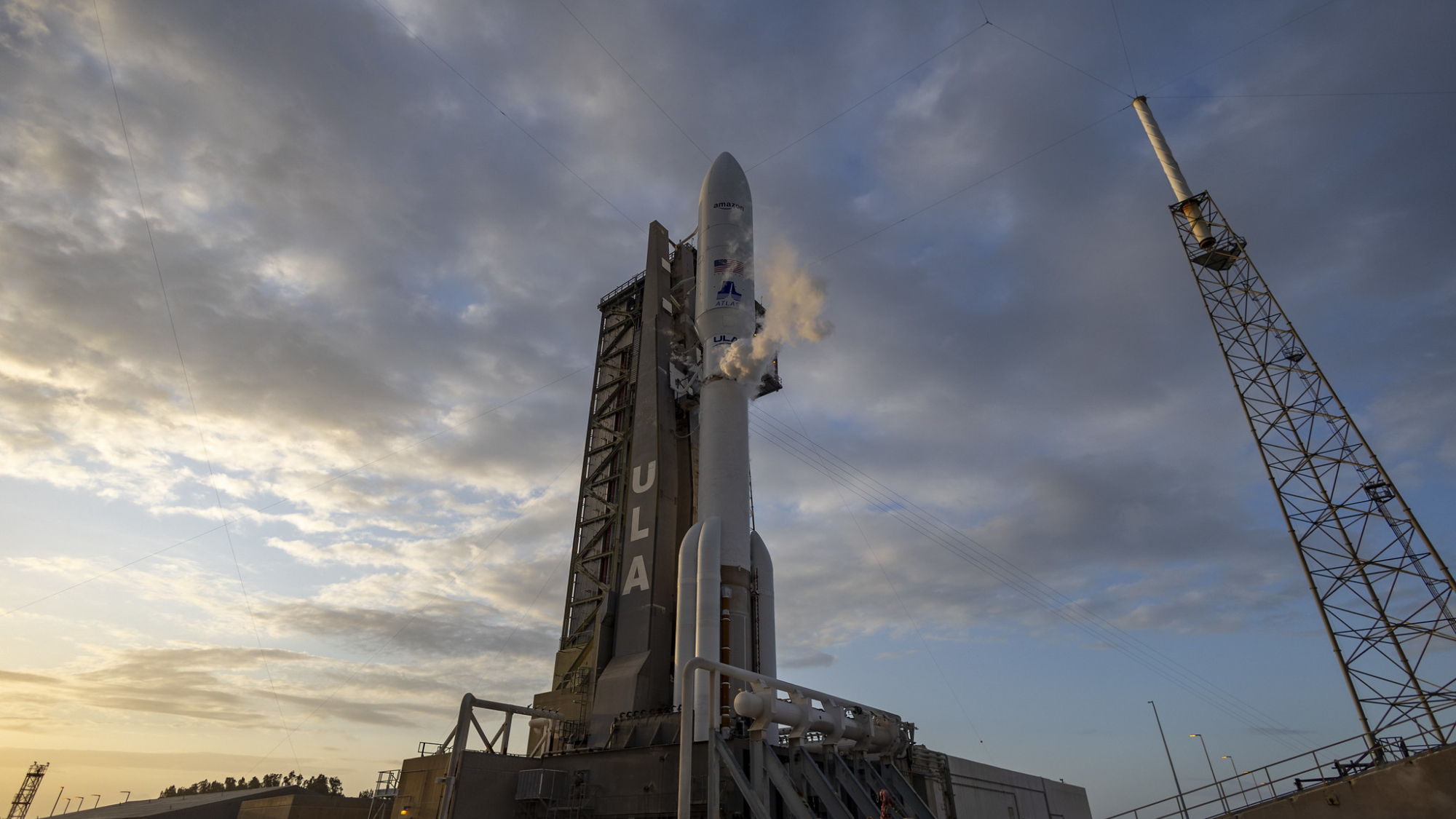Space Groups Lobby Congress To Support Entrepreneurs
About 40 members of the grassroots space advocacy group ProSpace are descending on Capitol Hill to promote a legislative agenda big on prize competitions and other government-backed efforts intended to foster commercial space transportation services.
ProSpace has been lobbying Congress every March for the past decade, pushing initiatives meant in one way or another to open space to the average citizen. Prize competitions were featured prominently in ProSpace's 2005 "March Storm" agenda with the group urging lawmakers to give NASA authority to put up cash prizes in excess of $250,000 as a way to foster creative solutions to some of the agency's technological needs.
The NASA Authorization Act of 2005, which became law late last year, granted the U.S. space agency $10 million in prize-making authority and permits the agency to put up even bigger prizes if it first gets approval from its congressional oversight committees.
ProSpace wants to see expanded use of prize competitions to spur space innovations. As such, the group is urging lawmakers to give NASA the full $35 million the agency originally envisioned spending on the Centennial Challenges prize-competition program in 2007. The White House budget request, sent to Congress Feb. 6, seeks only $10 million for the program.
ProSpace will also be asking members of Congress to support the introduction and passage of legislation creating a new government entity called the National Space Prize Board and give it $100 million a year to sponsor prize competitions that NASA might see no reason to fund.
"Centennial Challenges would not have offered the Ansari X Prize because NASA does not need a suborbital crewed spacecraft," ProSpace President Marc Schlather said. "But I don't think you will find anyone in the space industry who doesn't think it was a huge step forward when Burt Rutan won that prize."
The National Space Prize Board, as envisioned by ProSpace, would consist of four presidential appointees and the heads of NASA, the Defense Advanced Research Projects Agency, and the departments of Commerce and Transportation. Schlather said the Space Prize Board would offer prizes of up to $250 million, for example, to the first nongovernmental team to conduct an orbital spaceflight with a crew.
Get the Space.com Newsletter
Breaking space news, the latest updates on rocket launches, skywatching events and more!
Another legislative initiative being pushed by ProSpace this year is the establishment of the U.S. Air Force Research Laboratory Center for Entrepreneurial Space Access, or ACES. ProSpace will be encouraging members of the House Armed Services Committee to include language in this year's defense authorization bill establishing the center and giving it an initial $5 million budget.
Schlather said the purpose of the center, which it is proposing be located at Wright Patterson Air Force Base outside Dayton, Ohio, would be to promote synergy between the Air Force and entrepreneurial space firms working on so-called operationally responsive spaceflight capabilities of interest to the Pentagon.
"You only have to look at aviation in the first half of the last century and see how government and industry worked together to advance the state of the art," Schlather said. "Having a similar situation in spaceflight can only be advantageous."
Schlather said the same mix of responsiveness and affordability that some of the entrepreneurial launch firms developing suborbital and orbital launch vehicles need to serve commercial markets are the same capabilities the Pentagon is trying to foster through efforts like the Falcon small launch vehicle program.
Some of these same entrepreneurial space firms also are interested in helping NASA resupply the space station once the space shuttle retires come 2010.
ProSpace volunteers will also be urging lawmakers to fully fund NASA's Commercial Orbital Transportation Services (COTS) flight-demonstration effort. NASA intends to spend $500 million through 2010 to help bring to market new launch services capable of delivering cargo and eventually crew to the space station. Schlather said keeping this long-sought effort on track is critical.
"It is our feeling that should the Congress fail to fund COTS at its full level then it might as well cease flying the space shuttle and the space station program because without COTS the space station program will be untenable after 2010," he said.
ProSpace, whose volunteers visited 250 lawmakers' offices last year and hope to visit at least that many again this year, is not the only space enthusiasts group that is walking the halls of the U.S. Congress this year to drum up support for space initiatives.
In early February, 14 members of the National Space Society and allied groups visited 23 congressional offices over two days to urge increasing NASA's budget to the levels called for in last year's authorization bill. National Space Society Executive Director George Whitesides said he is working with the Space Exploration Alliance to organize three more lobbying blitzes this year.
Join our Space Forums to keep talking space on the latest missions, night sky and more! And if you have a news tip, correction or comment, let us know at: community@space.com.
Brian Berger is the Editor-in-Chief of SpaceNews, a bi-weekly space industry news magazine, and SpaceNews.com. He joined SpaceNews covering NASA in 1998 and was named Senior Staff Writer in 2004 before becoming Deputy Editor in 2008. Brian's reporting on NASA's 2003 Columbia space shuttle accident and received the Communications Award from the National Space Club Huntsville Chapter in 2019. Brian received a bachelor's degree in magazine production and editing from Ohio University's E.W. Scripps School of Journalism.









